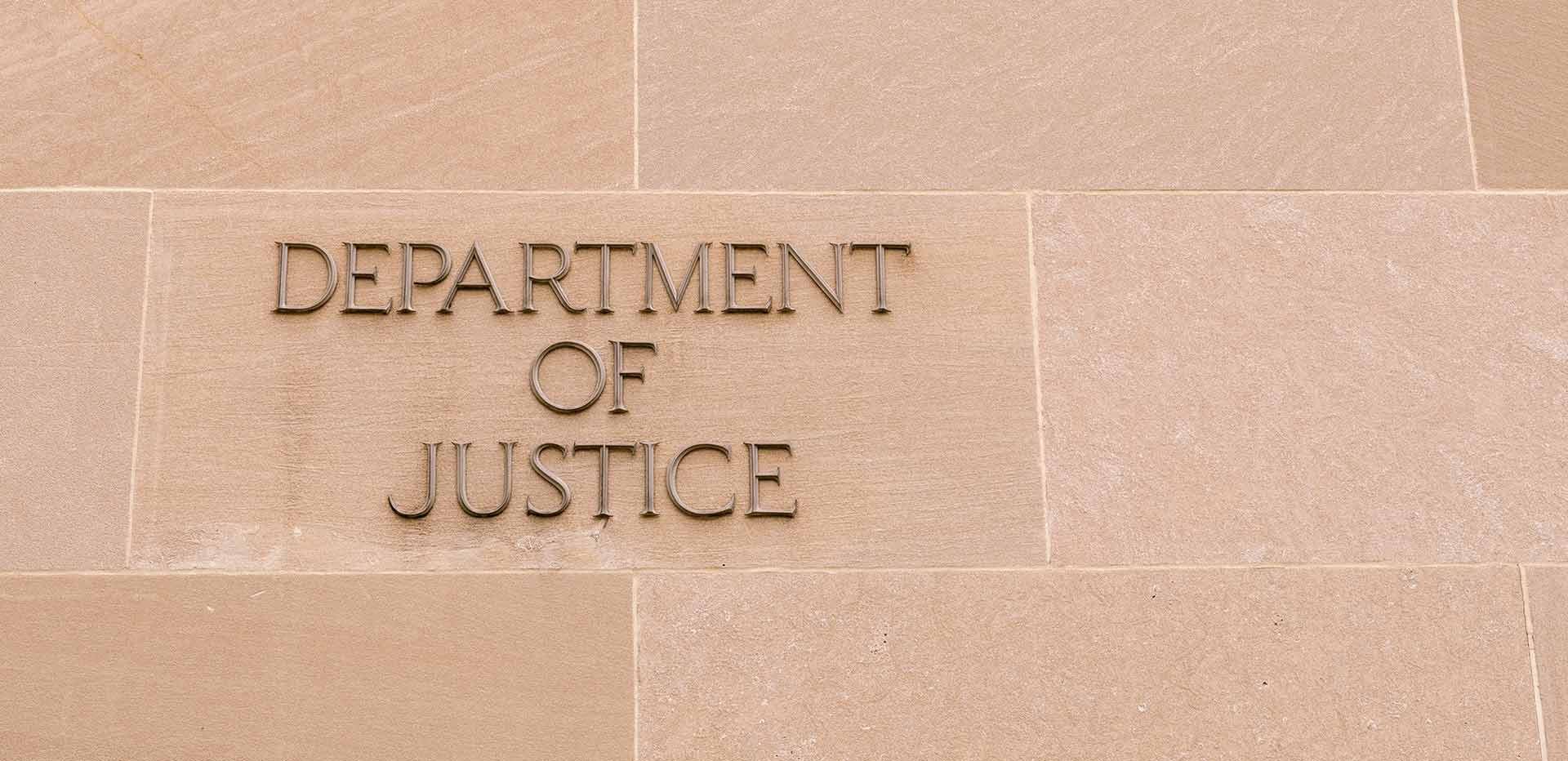
The real estate industry is on the brink of a significant transformation as it prepares to abandon its longstanding commission structure next month. This shift comes as part of a $418 million settlement agreement resulting from a class-action lawsuit against the National Association of Realtors (NAR). According to the Wall Street Journal, the Justice Department’s ongoing scrutiny suggests that further changes to how real-estate agents are compensated may be imminent.
Set to take effect on August 17, the new industry rules are expected to reduce commissions by approximately 30%. Currently, these commissions are split between the buyer’s and seller’s agents. Under the new rules, sellers will no longer be obligated to compensate buyers’ agents. This settlement aims to address longstanding concerns about high commission rates in real estate transactions.
Despite these impending changes, the full settlement is not scheduled for final approval by a federal judge until November. This delay provides the Justice Department with a window of opportunity to formally object to the settlement if it believes the new rules do not adequately reduce commissions or address other issues within the industry.
The Justice Department has already signaled its continued interest in real-estate commission practices. It has intervened in two industry lawsuits and issued a formal inquiry to the California Association of Realtors regarding some of its legal forms used during home sales. Additionally, the department has sought information from various real-estate companies about their listing rules.
At a meeting with the NAR in late June, the Justice Department expressed concerns that agents might attempt to circumvent the new rules. NAR President Kevin Sears highlighted these concerns in a letter to the association’s members, underscoring the ongoing federal oversight.
“Clearly the DOJ is still very much involved in this,” said Gary Acosta, chief executive of the National Association of Hispanic Real Estate Professionals, who attended the meeting.
The Justice Department’s involvement could potentially influence the final outcome of the settlement. If the department decides to formally object, a judge could require the parties to renegotiate the agreement, though this would not automatically negate the existing settlement.
Source: WSJ
Featured News
Big Tech Braces for Potential Changes Under a Second Trump Presidency
Nov 6, 2024 by
CPI
Trump’s Potential Shift in US Antitrust Policy Raises Questions for Big Tech and Mergers
Nov 6, 2024 by
CPI
EU Set to Fine Apple in First Major Enforcement of Digital Markets Act
Nov 5, 2024 by
CPI
Six Indicted in Federal Bid-Rigging Schemes Involving Government IT Contracts
Nov 5, 2024 by
CPI
Ireland Secures First €3 Billion Apple Tax Payment, Boosting Exchequer Funds
Nov 5, 2024 by
CPI
Antitrust Mix by CPI
Antitrust Chronicle® – Remedies Revisited
Oct 30, 2024 by
CPI
Fixing the Fix: Updating Policy on Merger Remedies
Oct 30, 2024 by
CPI
Methodology Matters: The 2017 FTC Remedies Study
Oct 30, 2024 by
CPI
U.S. v. AT&T: Five Lessons for Vertical Merger Enforcement
Oct 30, 2024 by
CPI
The Search for Antitrust Remedies in Tech Leads Beyond Antitrust
Oct 30, 2024 by
CPI